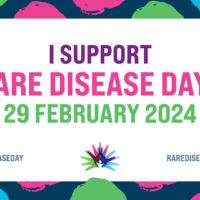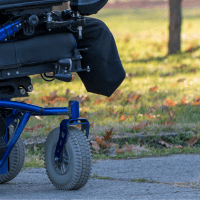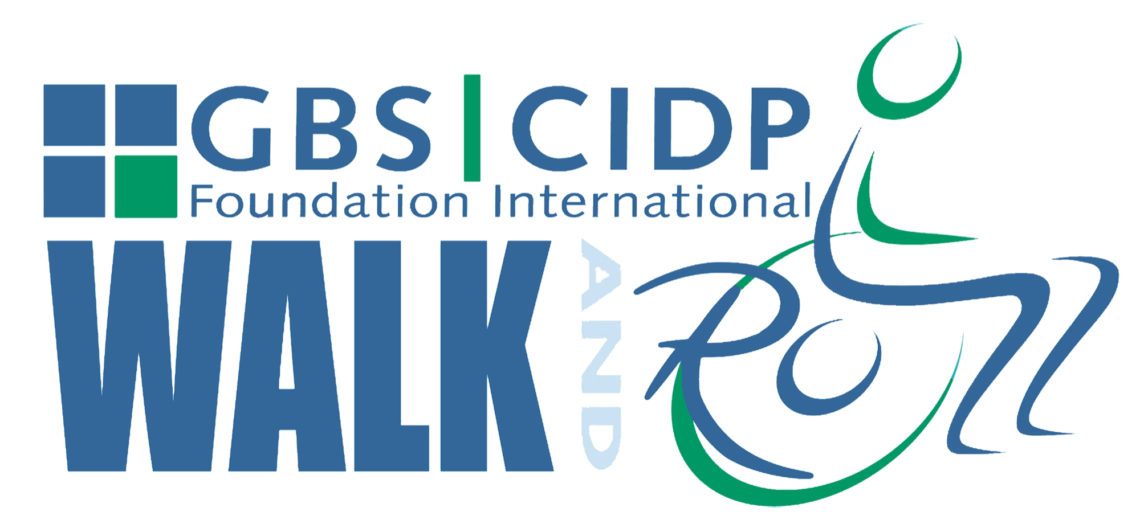Anyone Can Be an Advocate
Whether you are a patient or care partner, YOUR journey matters. You have the power to use your voice and tell your story to empower informed decisions by federal, state, and local government officials!
What is Advocacy?
At the Foundation, we aim to uplift the voices of our patient and care partner community by advocating for an array of public health and health care policies. Being an advocate means gaining public support for a cause that you care about. Advocacy can take many forms, including:
- Writing letters to your legislators to educate them about a particular topic
- Calling the offices of your legislators to voice your opinion on a particular piece of legislation or a specific cause
- Meeting with the staff of your legislators at their offices on Capitol Hill or in their home state to share your story and ask for them to take a particular stance on an issue
- Creating awareness on social media about a particular issue
- Educating the general public through story sharing





